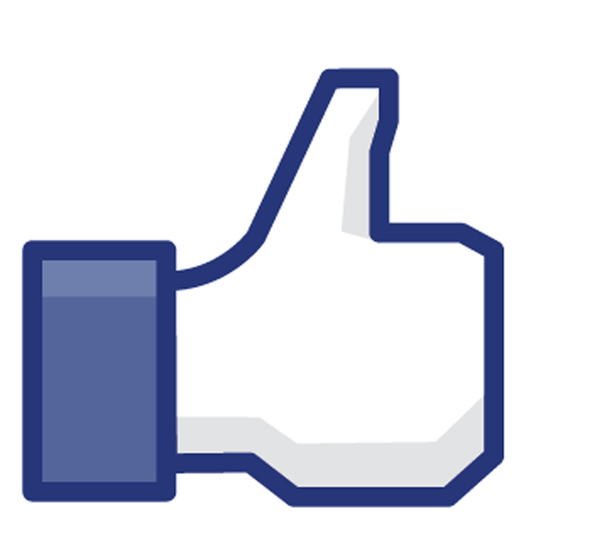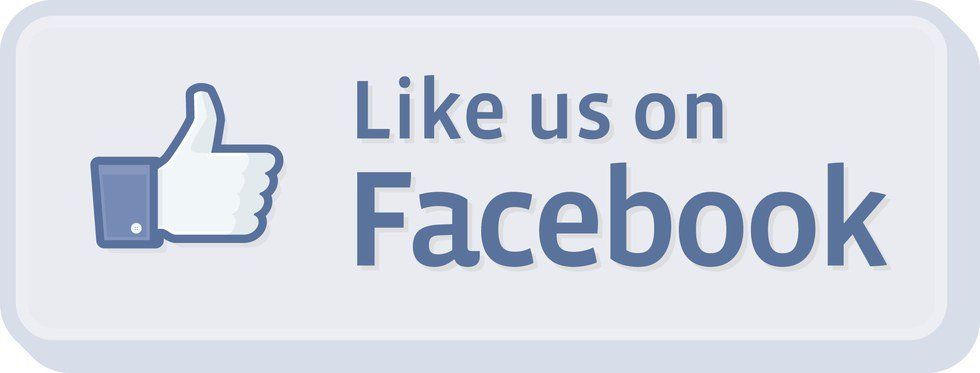Living in the digital world is so much more than just a like or a comment. It is an understanding that we are all connected in one way or another through the screens in our bags, back pockets, and on our desks.
Like all of you, I was born into a generation where life is ruled by technology. There isn’t a moment in my life that I can think of where a computer was not present in one way or another. From kindergarten to now, as a junior in college, a majority of my educational experience has involved some type of computer usage. Despite growing up in the age of digital dominance, I have never thought of myself as digitally “literate.” Many experiences I have had since my hands could direct a mouse on my own have been developing my digital literacy without even knowing it.
Every day we come across various forms of digital information that can persuade us to think, speak and act in different ways. We are living in a world where it is necessary to be "digitally literate;" a term used to describe having an understanding of the way the digital world works. This can be anything from understanding how what we say on media can affect everyone to understanding how the basics of using simple technology. Digital literacy is something we all deal with on different levels. Different generations have different experiences within the digital realm. However, within a generation’s digital experience there can be another set of levels. Because we each have grown up in a different environment and have had different amounts of access to the digital world in different ways, how people interact when it comes to digital literacy is always different.
Looking back, I can always think of a time where technology has been in my life in one way or another. When I was in Kindergarten some of my earliest learning experiences was on a computer. I have been conditioned through the years to know how to work with technology, as well as take digital information and skills and be able to process it and apply it to society and critical thinking. We are becoming digitally literate at any point in our lives. Any type of digital game we play as a child, academic or otherwise, is forming our literacy. Any type of online newspaper, social media or news source does the same for those of us whose literacy is developing at a later stage.
When thinking of a place where I see digital literacy used most often, I think of Facebook. Facebook is a social media site that allows its members to think share and discuss their lives and opinions; it is a platform where digital literacy is used almost every day, without many people thinking about it. For example, I often see on Facebook people telling stories. Sometimes it's something as simple as writing, "extremely disappointed, text me" or varies to a sharing of an article or post that sparks a debate or argument. By simply writing statuses, we are aiming to strike up some sort of emotion within our followers, whether it's concern, pity, anger or annoyance.
This is a tactic I see used on my Facebook wall every day. I have many “friends” on Facebook who try and create statuses that, although it is their opinion, often sparks a debate among readers. For example, over the summer when South Carolina was deciding to remove the confederate flag from their state buildings, a Facebook friend decided to share his opinion on the subject, in favor of the flag, and why it should be kept standing. This opinion was intended to spark an emotion among his followers, whether ti was viewed as good or bad, and it did.
Many of us believe that we are only writing a status because we are trying to express our own thoughts and emotions. However, it is so much more than that. We are writing to argue, persuade, educate, empower. Being digitally literate is so much more than just having an understanding of what is on our computer screen. It is understanding how we use our words, images, likes and comments to tell a story, create an argument or express ourselves.





















